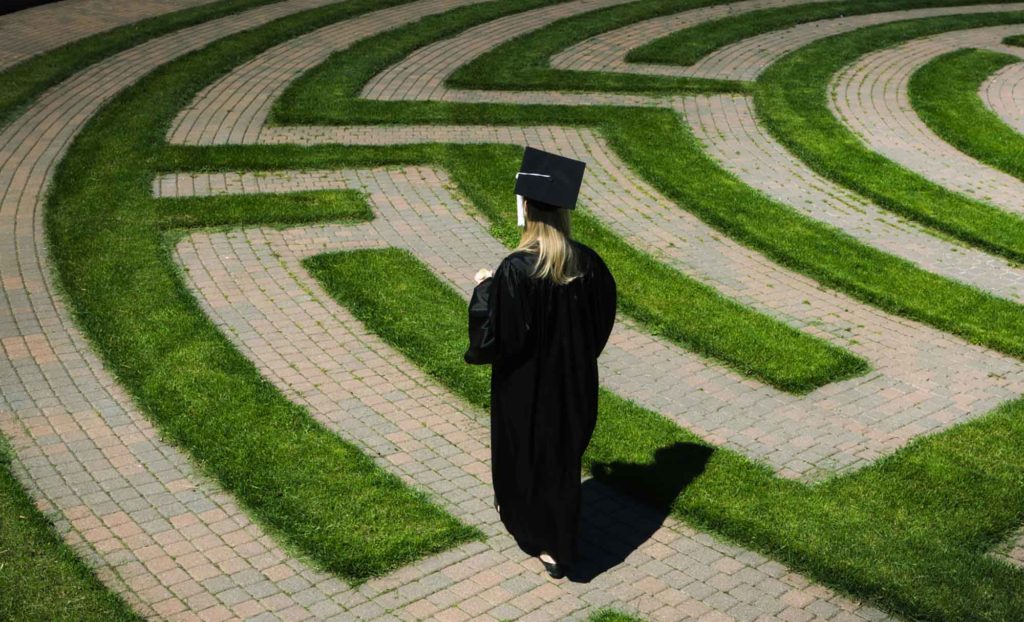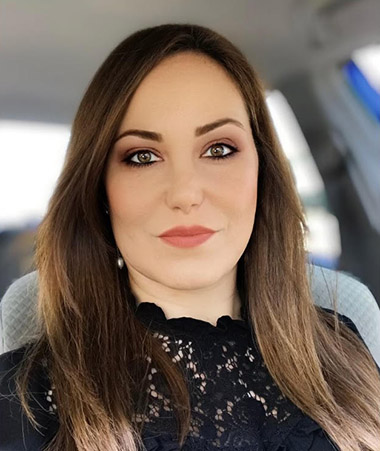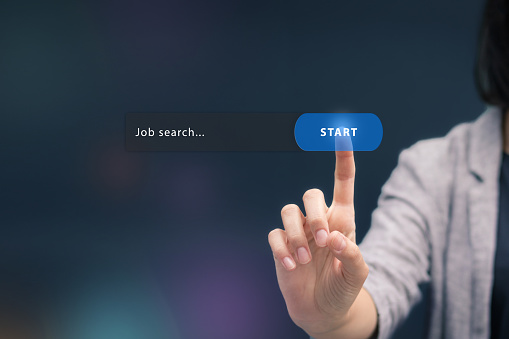First Person
Student Notebook: Clinical Psychology Graduate Student Adaptation—Living and Learning

Clinical psychology students are often enrolled in graduate programs for 5 to 7 years. Our first year can be the most challenging as we attempt to adapt to a new environment, keep up with the rigorous coursework and research, and manage amid the highly competitive academic environment. Though competition can boost our success as students, it can also impact relationships between students, creating rivalries rather than alliances, and can impede the learning process and our future mental health care goals. In short, competition can adversely affect our therapeutic practices. Using a psychological lens, I explore in this article how unhealthy competition among students may shape their graduate-school experience. I also highlight the impacts of competition on student peer relationships and the discrepancies between this culture of competition and the provision of mental health care.

Student perceptions: Social relationships, support, and stress
Empathy plays a vital role in the educational process, but many students and instructors report a lack of empathy, compassion, and trust among peers in contemporary higher education settings. Students may experience social exclusion, which can further degrade our empathy toward others and decrease our trust in one another (Munoz et al., 2022). Social relationships and social support, often provided by families, peers, community members, and academic professionals, are positively associated with student success (McLean et al., 2022). Nevertheless, rather than seeking socially supportive relationships, students may be tempted to seek relationships perceived to be beneficial for academic success, such as with popular or very accomplished students.
Collectively, these perceptions and behaviors may have consequences on our work life after graduate school as well, particularly for students who end up providing therapy and working with clients. The presence of competition within the field of mental health care is counterintuitive to the provision of mental health services. It can result in providers constantly worrying about how to outperform their peers rather than how to secure the well-being of their clients. Undeniably, competition may motivate providers to be more creative and more productive; however, it can also create a hostile environment where they are unwilling to collaborate and bring even better results to their clients (Drissen, 2017). The role of collaboration in mental health care cannot be overemphasized: It allows multiple providers to come together to accomplish more for a client within a limited timeframe than a single provider could achieve alone.
One way to resolve the tension between intense competition and mental health services provision is simply to recognize that the primary goal of mental health services is to assist clients in obtaining treatment options that can help them live happier and healthier lives instead of competing with other practitioners for self-serving purposes (Drissen, 2017).
Conclusion and future directions
Contemporary clinical psychology programs are intended to provide rigorous training that prepares students for research and professional counseling. But when these programs take place in an environment of extreme competition, the spirit of learning is often undermined by the culture of doing whatever is needed to get to the top. Barriers that prevent student counselors from assisting and interacting with classmates must be removed to achieve essential collaboration and professionalism and to promote constructive rivalry and teamwork. It is imperative that students be mindful of the stress and experiences of other students and actively engage in collaborative efforts to achieve success in their clinical psychology degree program.
Related content we think you’ll enjoy
-

Student Notebook: 7 Tips for Being an Effective Graduate Student Mentor
Given the significance of mentoring and the lack of structured training on it, Kaley Davis gives a list of seven mentoring tips specifically geared toward graduate students.
-

Feelings of Belonging May Indicate Students’ Risk of Depression
Depression may be more closely related to how we perceive our relationships and position within a community than to whether or not we are socializing with others.
-

Student Notebook: Starting the Nonacademic Job Search After Graduate School
Menahal Latif shares the steps to begin the job search for students pursuing careers outside of academia.
Student Notebook serves as a forum in which APS Student Caucus members communicate their ideas, suggestions, and experiences. Read other Student Notebook columns here, and learn about the benefits of Student Membership.
Interested in submitting a Student Notebook article of your own? Learn more and indicate your interest by clicking here (logged-in APS members only).
Feedback on this article? Email [email protected] or login to comment. Interested in writing for us? Read our contributor guidelines.
References
Drissen, Y. (2017). Competitive society and mental disorders. A philosophical examination. Masters Thesis. http://arno.uvt.nl/show.cgi?fid=143141
Li, G., Li, Z., Wu, X., & Zhen, R. (2022). Relations between class competition and primary school student’s academic achievement: Learning anxiety and learning engagement as mediators. Frontiers in Psychology, 13. https://doi.org/10.3389/fpsyg.2022.775213
McLean, L., Gaul, D., & Penco, R. (2022). Perceived social support and stress: A study of 1st-year students in Ireland. International Journal of Mental Health and Addiction. https://doi.org/10.1007/s11469-021-00710-z
Munoz, L., Fergurson, J. R., Harris, E. G., & Fleming, D. (2022). Does empathy matter? An exploratory study of class-transition satisfaction in unplanned course interruptions. Journal of Marketing Education, 44(2), 217–234. https://doi.org/10.1177/02734753211073891




APS regularly opens certain online articles for discussion on our website. Effective February 2021, you must be a logged-in APS member to post comments. By posting a comment, you agree to our Community Guidelines and the display of your profile information, including your name and affiliation. Any opinions, findings, conclusions, or recommendations present in article comments are those of the writers and do not necessarily reflect the views of APS or the article’s author. For more information, please see our Community Guidelines.
Please login with your APS account to comment.